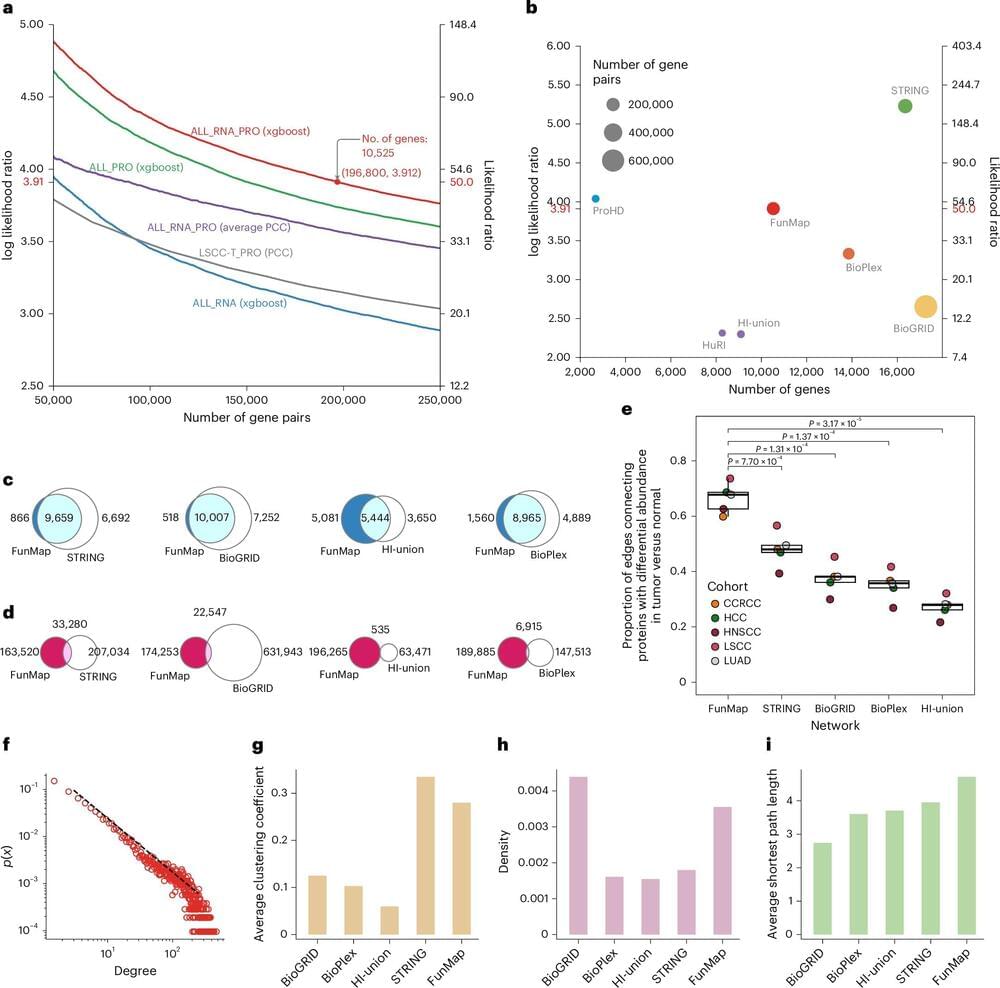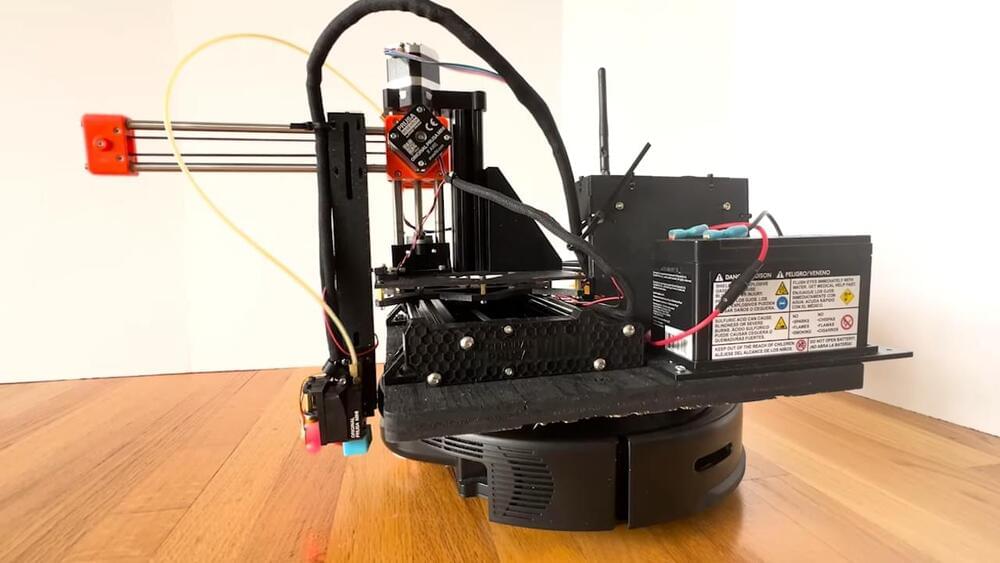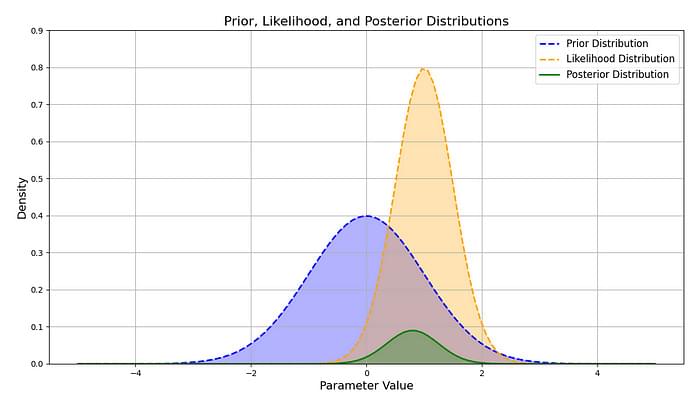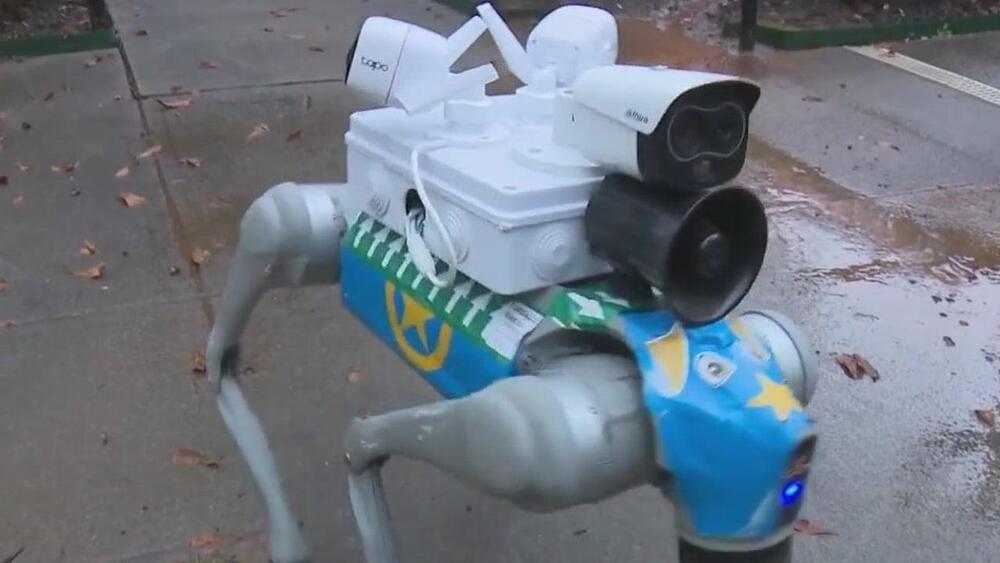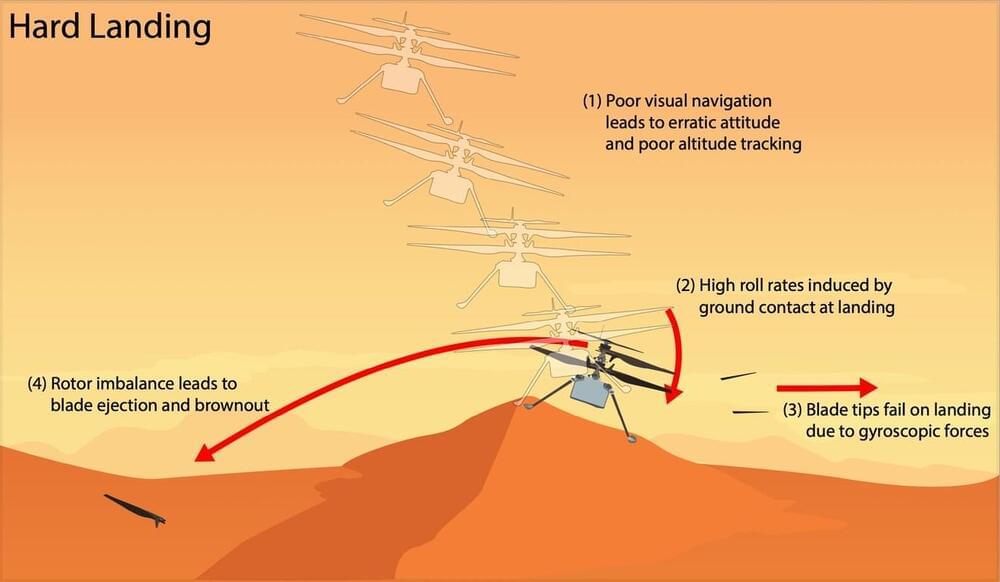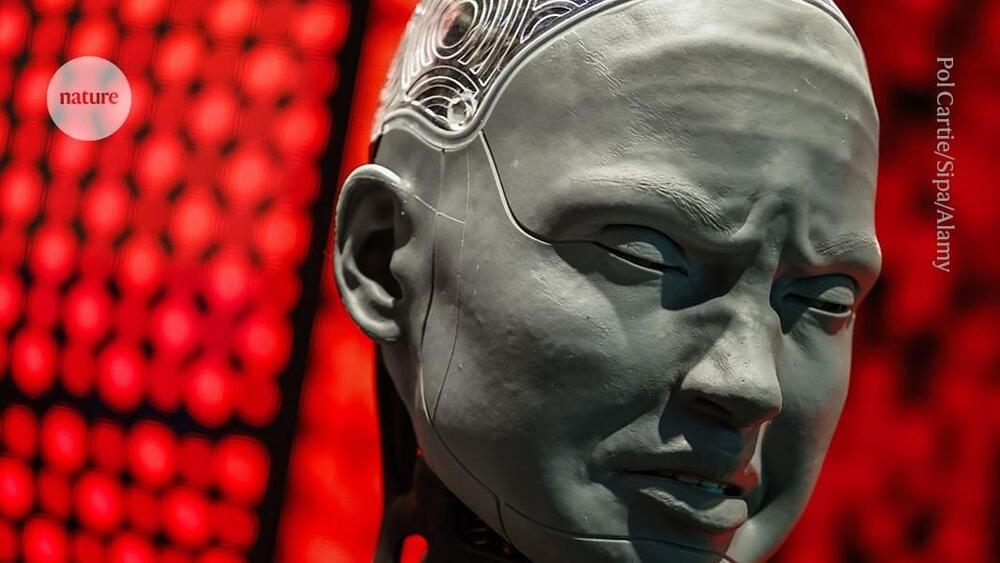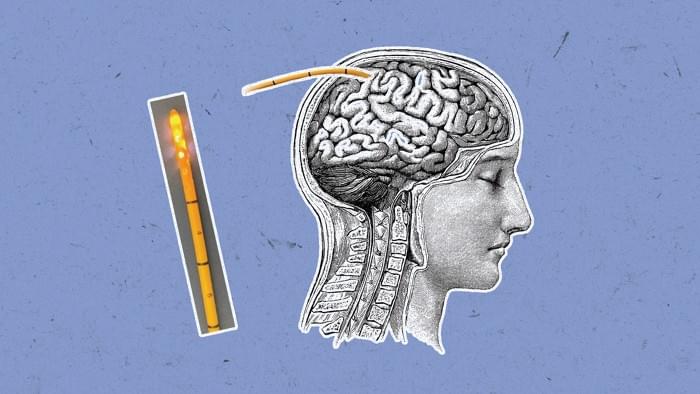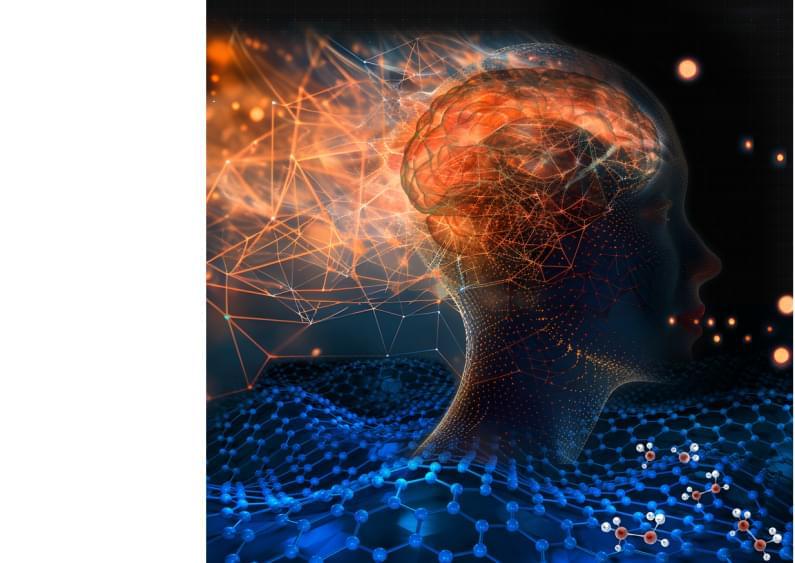
UNIVERSITY PARK, Pa. — A recently developed electronic tongue is capable of identifying differences in similar liquids, such as milk with varying water content; diverse products, including soda types and coffee blends; signs of spoilage in fruit juices; and instances of food safety concerns. The team, led by researchers at Penn State, also found that results were even more accurate when artificial intelligence (AI) used its own assessment parameters to interpret the data generated by the electronic tongue.
(Many people already posted this. This is the press release from Penn Sate who did the research)
The tongue comprises a graphene-based ion-sensitive field-effect transistor, or a conductive device that can detect chemical ions, linked to an artificial neural network, trained on various datasets. Critically, Das noted, the sensors are non-functionalized, meaning that one sensor can detect different types of chemicals, rather than having a specific sensor dedicated to each potential chemical. The researchers provided the neural network with 20 specific parameters to assess, all of which are related to how a sample liquid interacts with the sensor’s electrical properties. Based on these researcher-specified parameters, the AI could accurately detect samples — including watered-down milks, different types of sodas, blends of coffee and multiple fruit juices at several levels of freshness — and report on their content with greater than 80% accuracy in about a minute.
Continue reading “A matter of taste: Electronic tongue reveals AI inner thoughts” »

